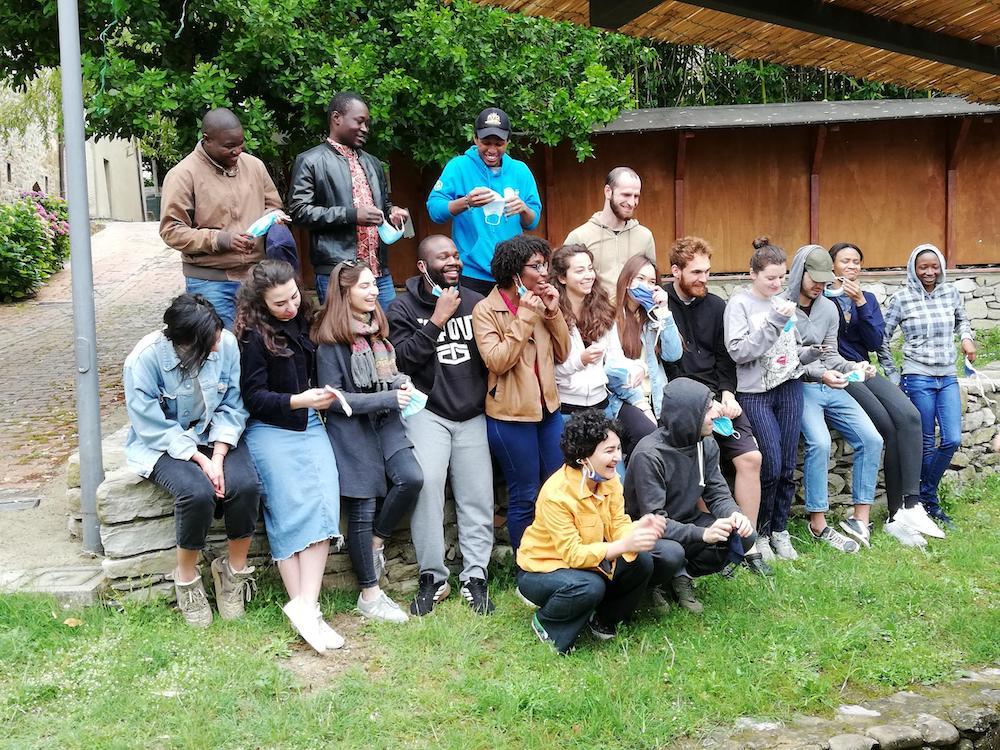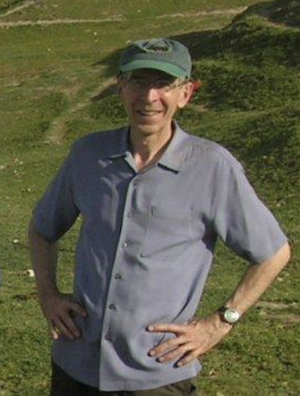In This Story
Can enemy groups learn to develop compassion for one another? That was the question Carter School professor Daniel Rothbart set out to answer in his research at Rondine, a two-year “laboratory for peace.” Now, the results are in.
“This is the first in-depth case study of compassion among civilians who live in conflict zones,” said Rothbart, who collaborated with George Mason University professors Thalia Goldstein, Marc Gopin and Karina Korostelina. “We hope this is a model that can help create new practices for peacebuilders to cultivate compassion.”
Rondine brings in graduate students from conflict zones to live together and learn about peacebuilding. At three points during the program, Rothbart interviewed 23 attendees about their sense of compassion. The students, ranging in age from 24 to 32, hailed from war zones including Colombia, Nigeria, Israel, Palestine, Georgia, Egypt, and Sierra Leone.
Rothbart said all participants exhibited compassion for civilian victims of violence, but when it came to compassion for the perpetrators, three kinds of responses emerged.
“Ten people conveyed compassion for all of the enemy militants,” Rothbart said. “This is pretty amazing because they knew about horrific violence committed by militants like Boko Haram and FARC (The Revolutionary Armed Forces of Colombia), who committed human rights atrocities.”
“I will always feel empathy towards people who are suffering no matter where they come from or who they are…I don’t find it too difficult because I think during the conflict or war everyone loses,” an anonymous participant said in an interview.
Other participants from the 10 felt that militants are exploited by the government, and others thought the notion of an “enemy” is a militaristic fabrication.
Eight people had a more nuanced view, Rothbart said, where they felt only somewhat compassionate for the militant groups. The remaining five expressed no compassion.
Rothbart said most participants were consistent in their responses during the two years, but one changed her view.
“The first time [one participant] answered my questions, she did express compassion, but then the next year, she was far less compassionate,” Rothbart said. “That was surprising, especially because this program promotes this sense of bonding among students.”
This could be because students had to struggle emotionally with living with people who were from the enemy camp, Rothbart said.
As a whole, Rothbart said the program seemed largely successful. At its conclusion, the students returned to their conflict-ridden homelands, “hopefully empowered to promote pro-social relations and to advance the cause of peace,” he said.
Rothbart also hopes the study inspires a sense of moral imagination for all people, where they can conceive of viewing their “enemies” in a new light.
“One factor that’s so important is a sincere sense of sympathetic understanding and openness to listening to the lives of other people,” Rothbart said. “That happens over time.”
Another aspect is getting people to live with each other and see them in different facets of their life, he said.
“If they can see the other as complex human beings with vulnerabilities and weaknesses, and in some cases suffering similar to their own, that is absolutely one way to foster transformation.”


